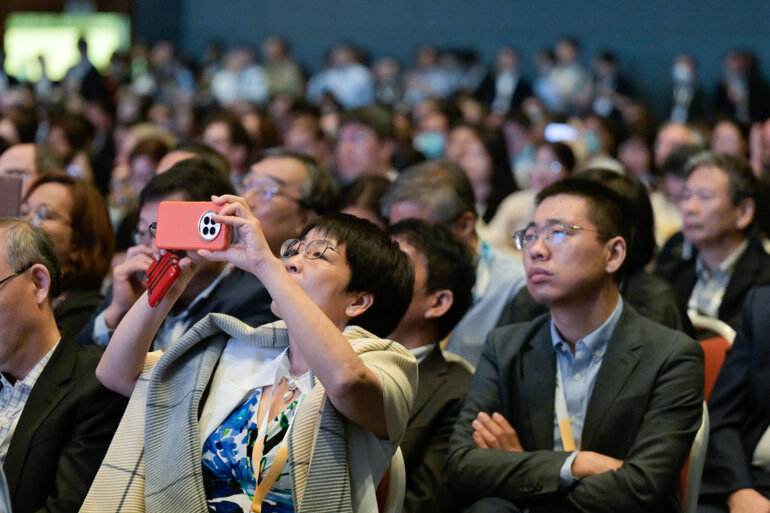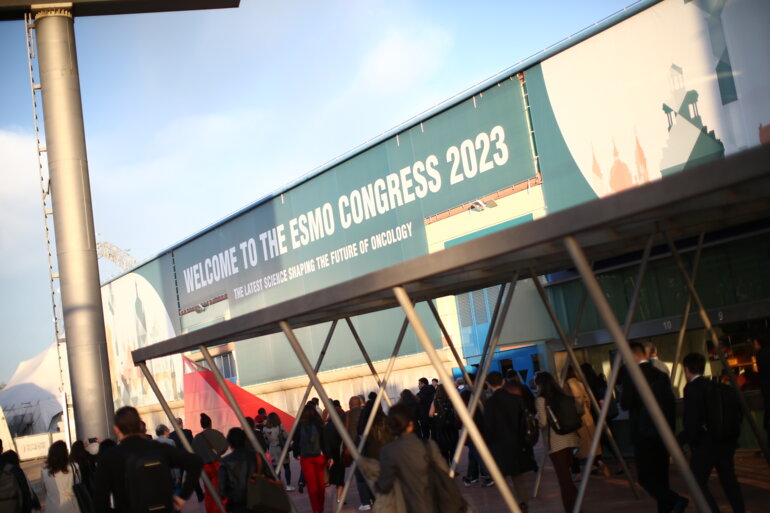
The value of real-world data to inform cancer research and care
Well-designed real-world observational studies are hypothesis-generating and impact therapeutic decisions

Well-designed real-world observational studies are hypothesis-generating and impact therapeutic decisions

The two Pan-Asian Guideline Adaptations of parental ESMO Clinical Practice Guidelines reflect the younger age of disease occurrence and lack of some treatment data in Asia

Several ESMO initiatives highlight the need for closing the gap between fast cancer research and a lack of accessibility to treatments in the real world

Recent studies show how digital health apps enhance the patient experience, and improve multiple quality of life domains and in some cases, adherence to treatment, but their integration into the healthcare system is still a challenge

Digital tools offer potential solutions to personalise the patient journey, but more effort is needed to integrate them into current healthcare settings

Collaboration is needed to advocate for resilient healthcare systems that can navigate crises and deliver high-quality care to patients with cancer, even in the most trying circumstances

Cancer imaging and identification of predictive biomarkers are the best performed tasks reported in studies presented at ESMO Congress 2023

ESMO is at the forefront of digital oncology, with some initiatives that support oncologists navigating the emerging opportunities in the field of real-world data research

Recent findings regarding the role of tumour promoters in cancer development should lead to a review of the mechanisms of action of existing environmental carcinogens

Molecular characterisation of tumour subtypes and immunotherapy are key areas attracting researchers’ efforts that may shape the future of clinical practice, according to ESMO President Prof. Andrés Cervantes
This site uses cookies. Some of these cookies are essential, while others help us improve your experience by providing insights into how the site is being used.
For more detailed information on the cookies we use, please check our Privacy Policy.
Necessary cookies enable core functionality. The website cannot function properly without these cookies, and you can only disable them by changing your browser preferences.